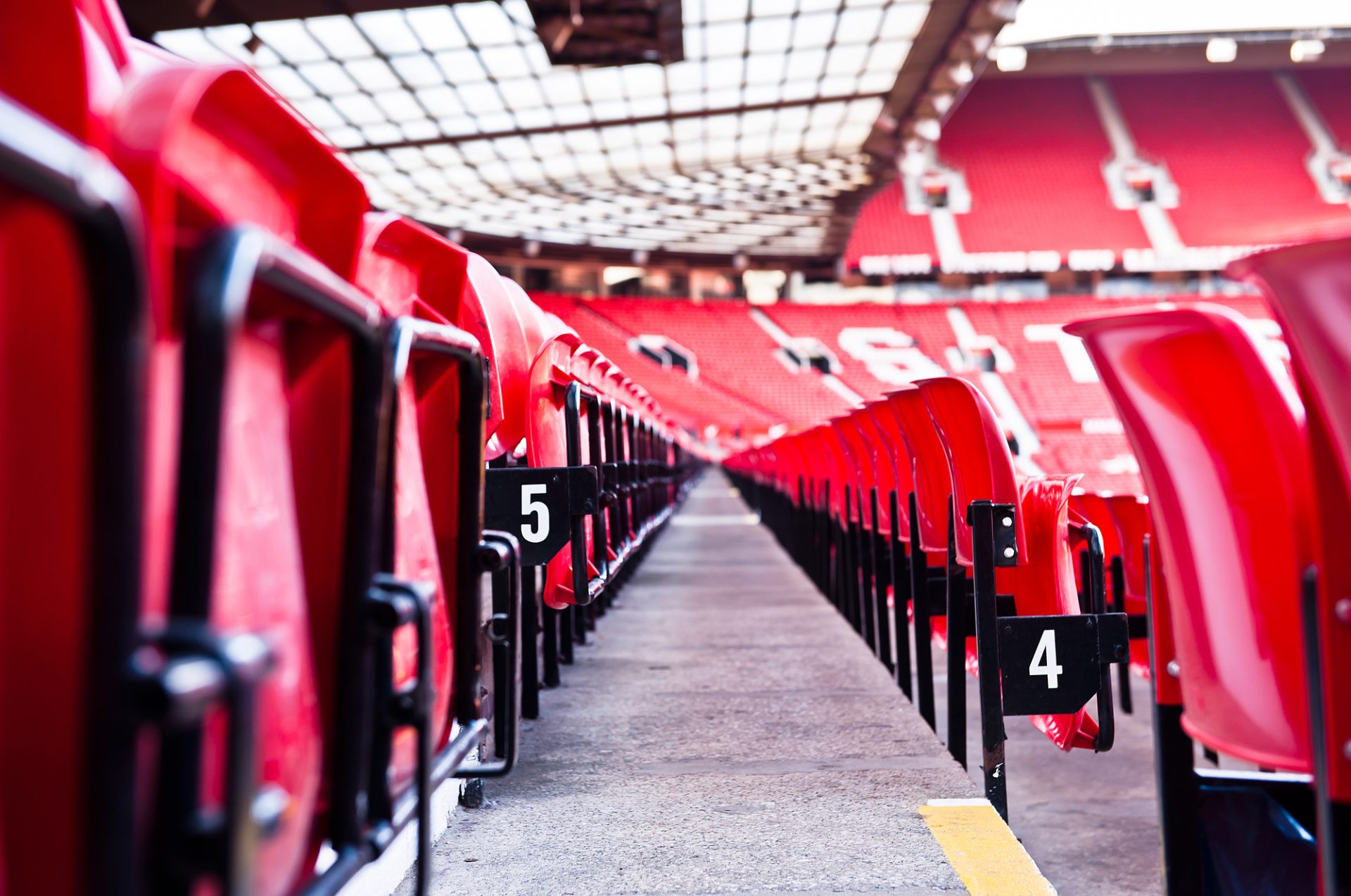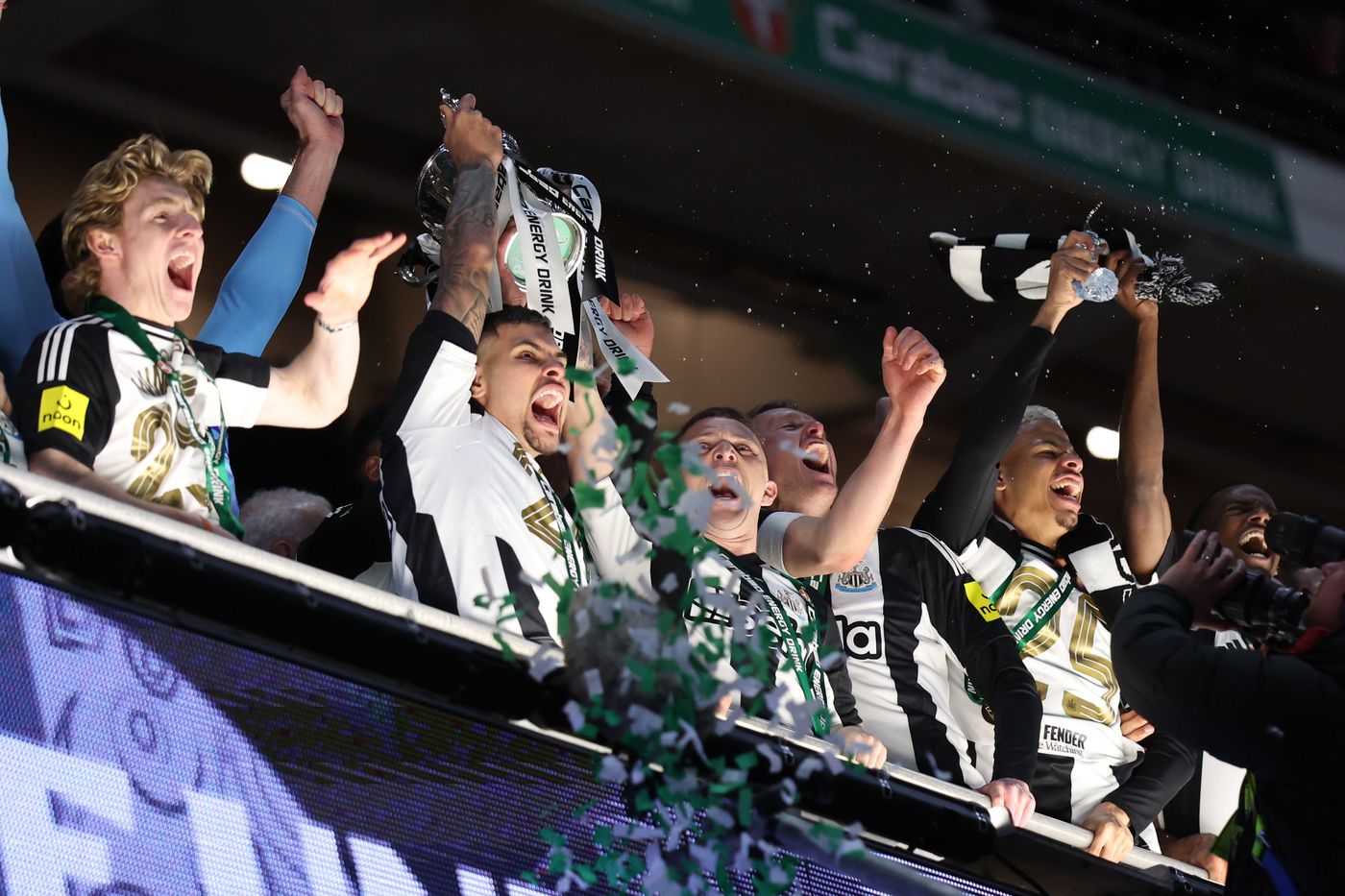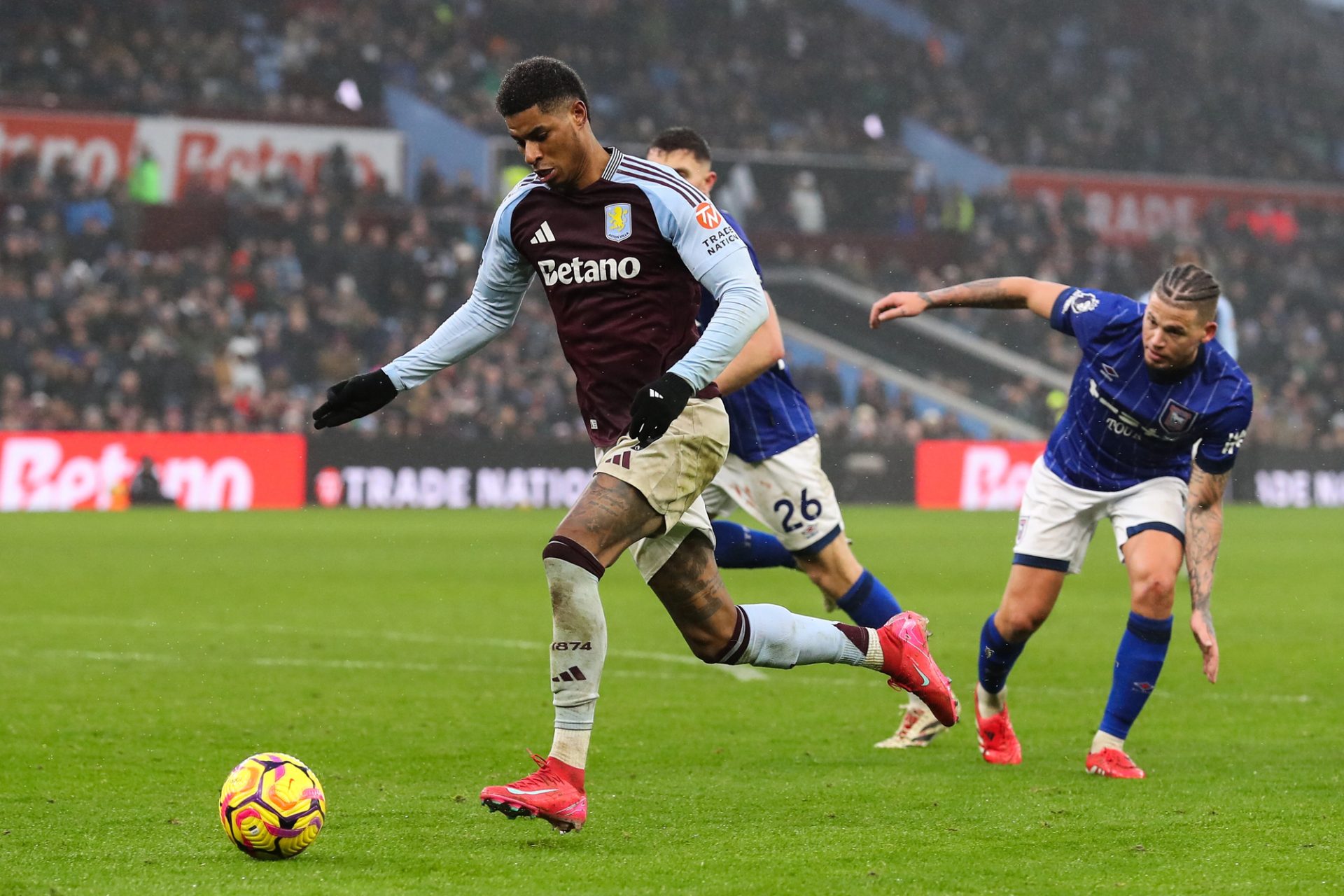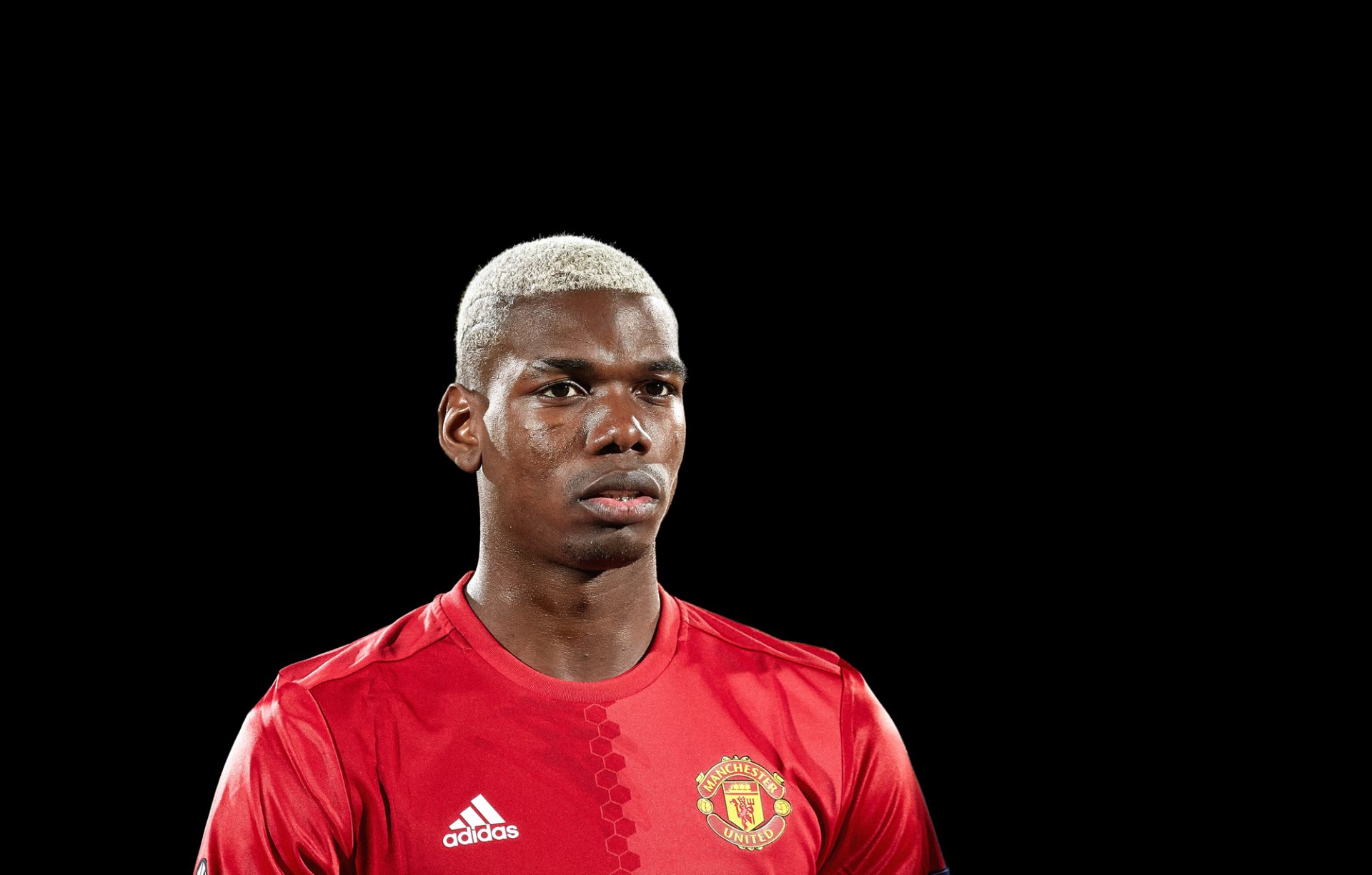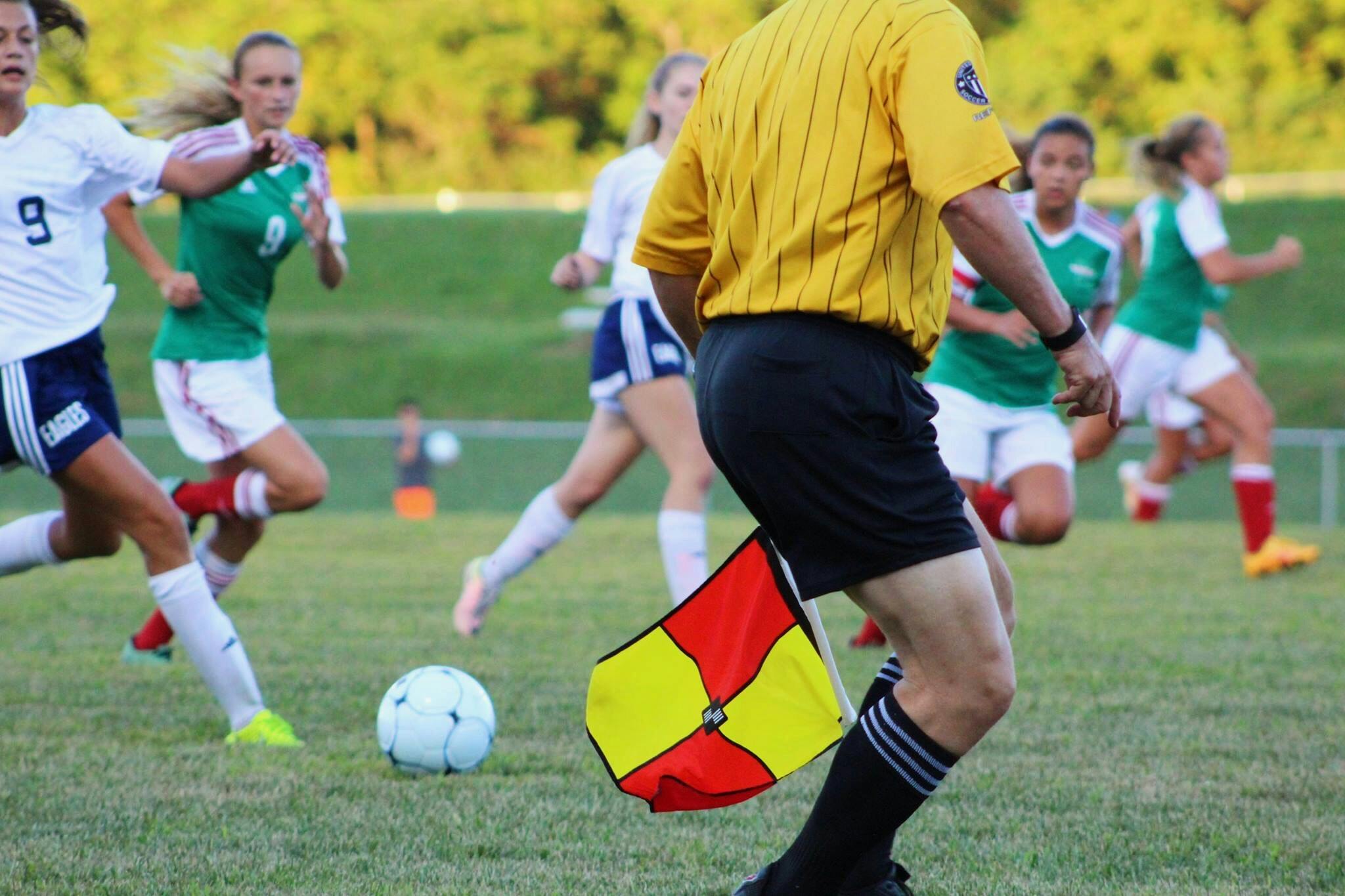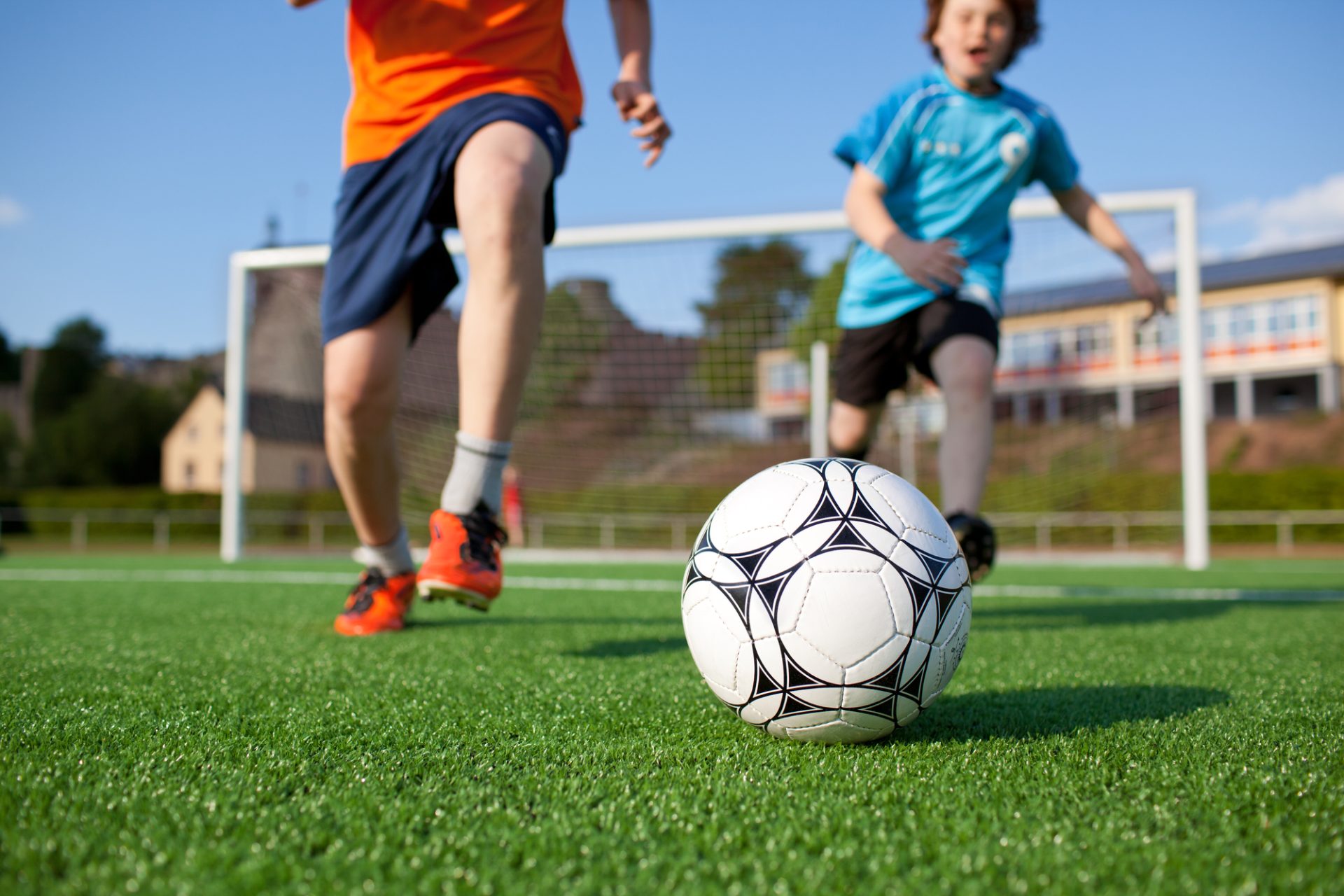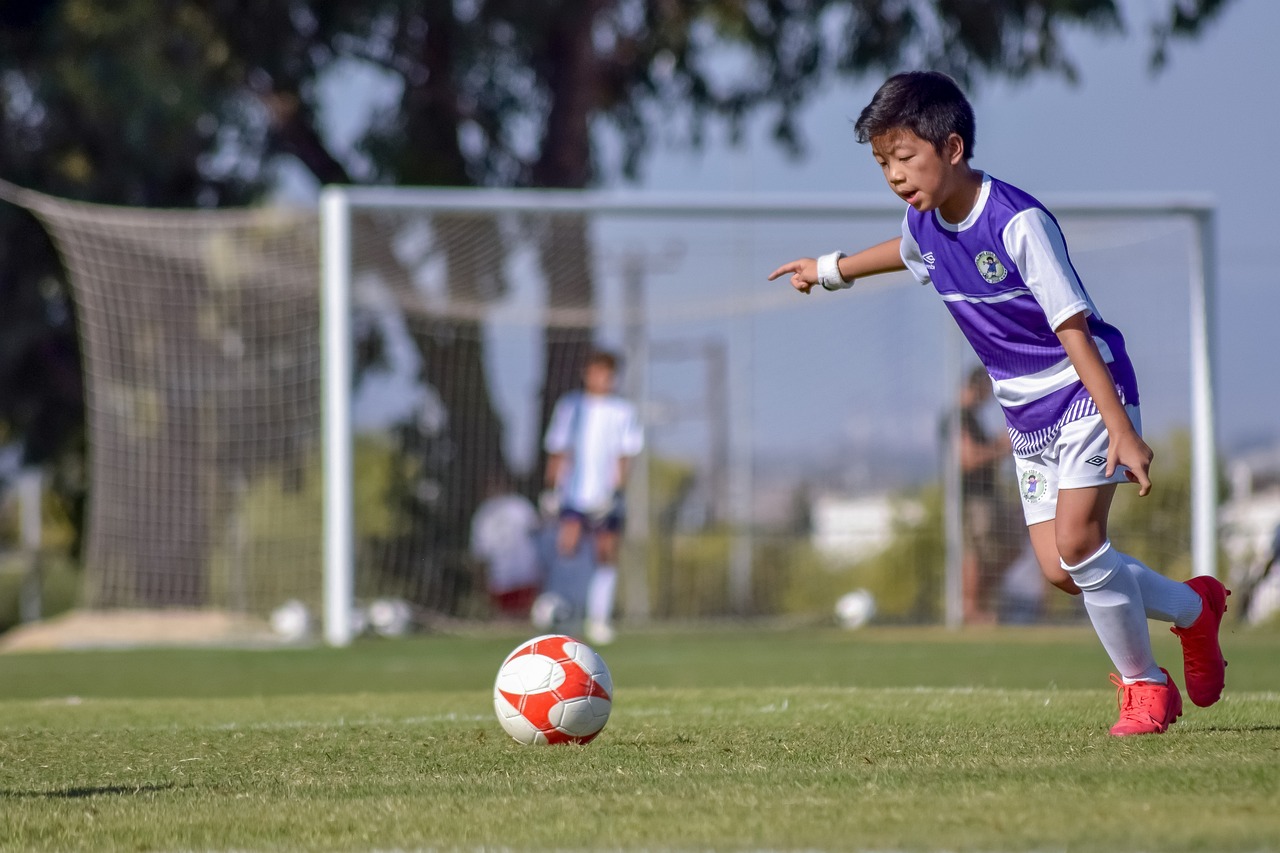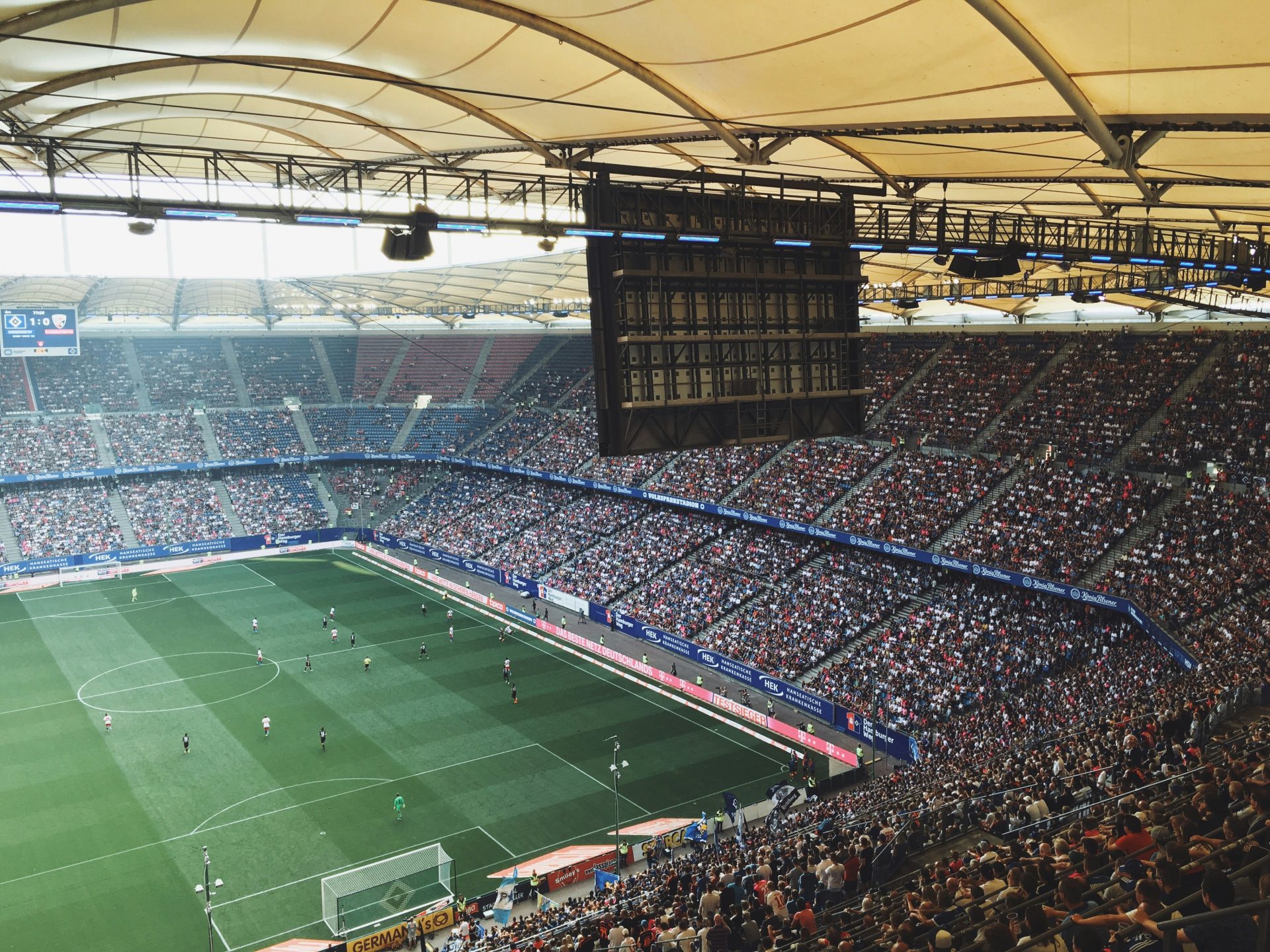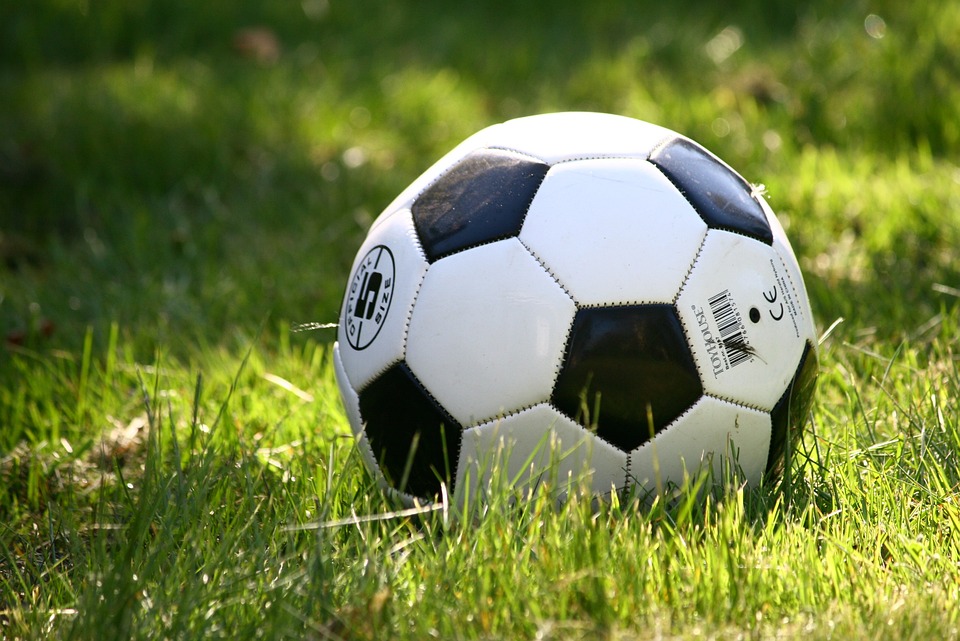Why Doesn’t Soccer Stop the Clock?
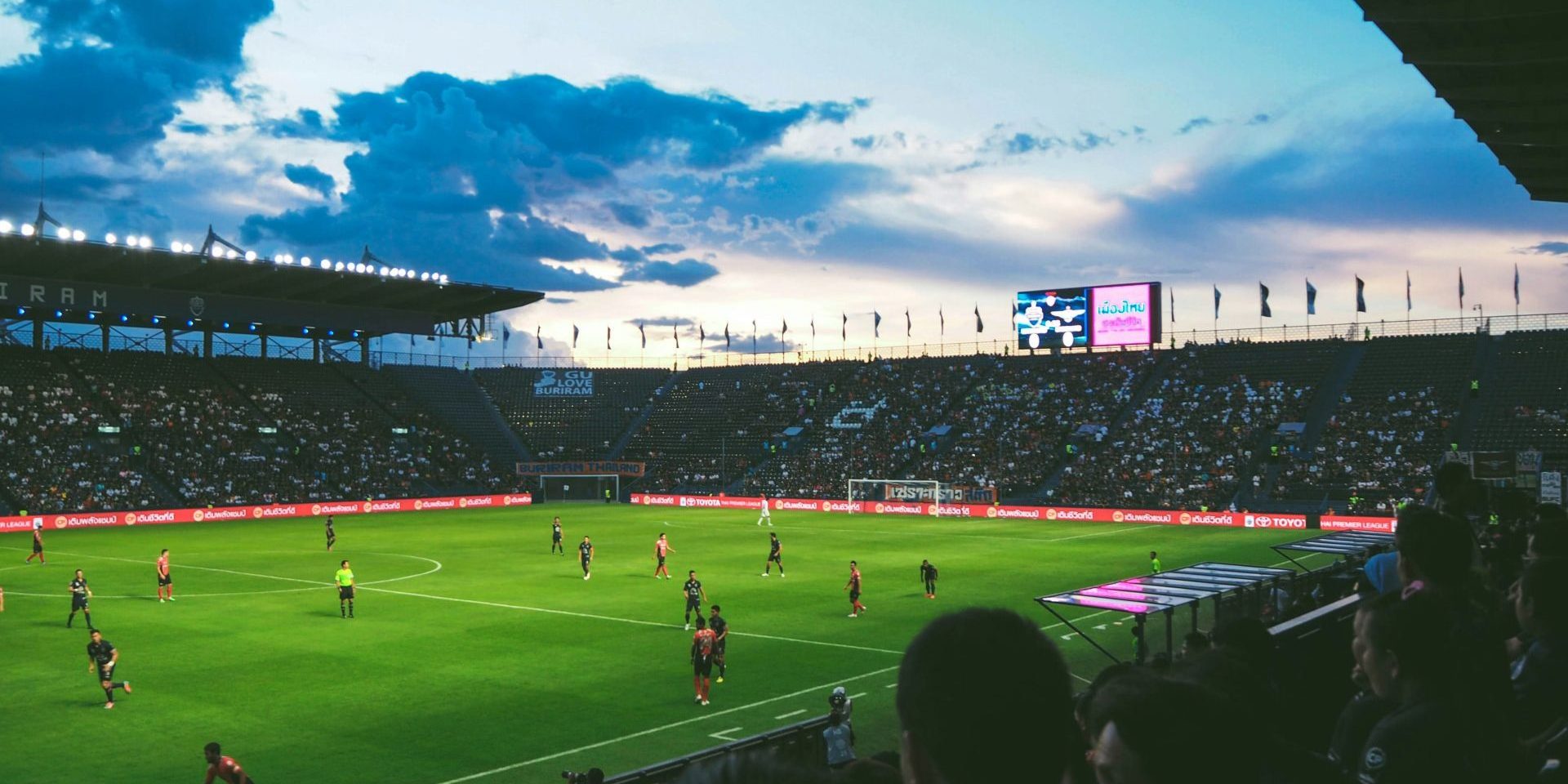
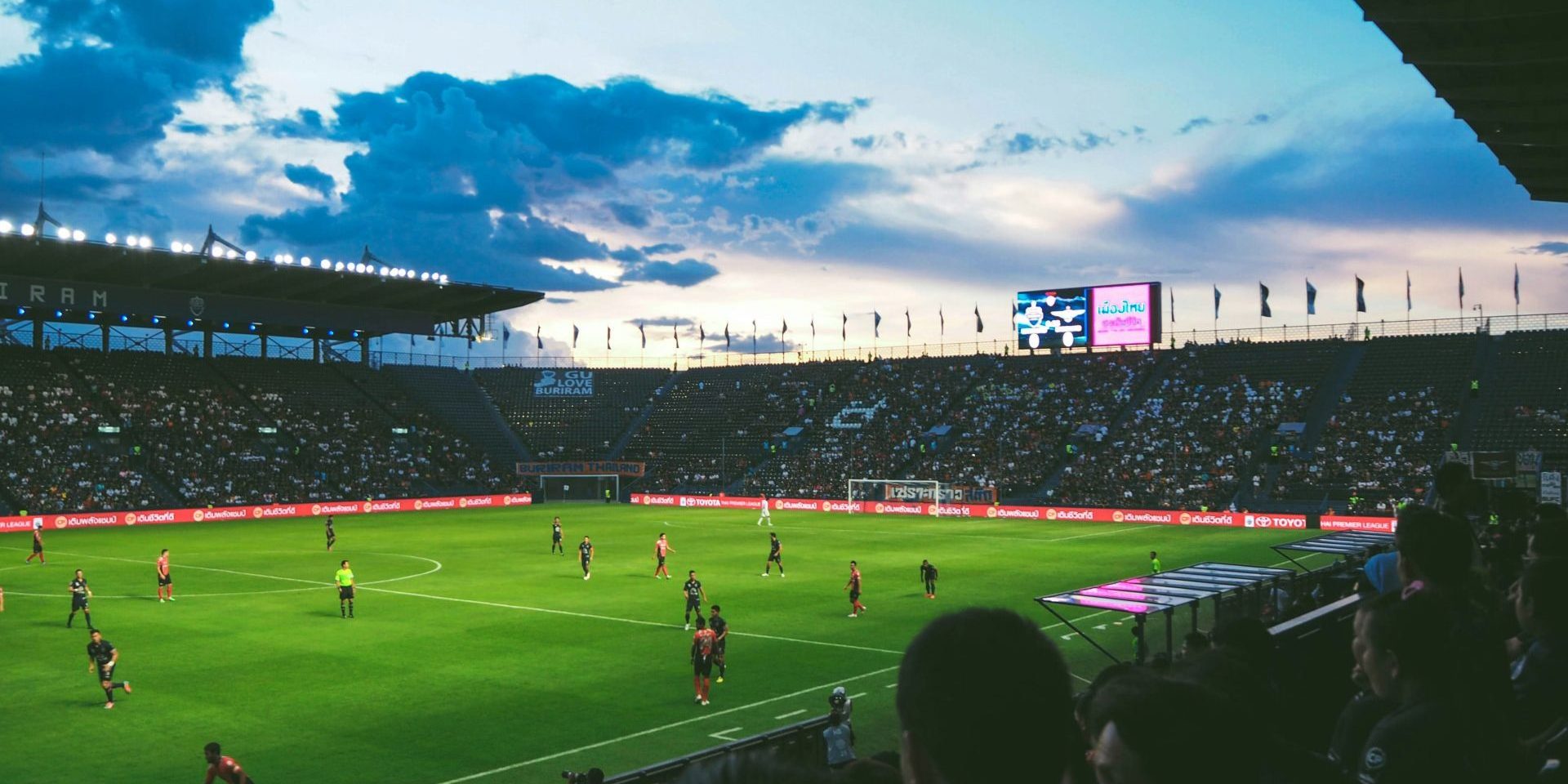
Table of Contents
In the world of sports, the management of game time is essential to the structure and flow of the match. Soccer distinguishes itself from many other team sports by the way it handles the game clock. Unlike sports that feature stoppages for various gameplay events or timeouts, soccer’s clock continues to tick uninterrupted from the start of the half until the end, with the referee keeping track of any lost time due to injuries, substitutions, or other delays. This time is then added as stoppage time at the end of each half, known as injury time or additional time, ensuring that the playing time lost is compensated.
The continuous nature of the clock in soccer contributes to the fluidity and uninterrupted pace of the game. It entrusts the referee with the responsibility of tracking lost time, which allows for a consistent countdown towards the 90-minute mark across two halves without frequent pauses disrupting the momentum. This aspect of timekeeping is a core element of the sport and affects how players, coaches, and fans experience the game. Understanding the reasons behind this uninterrupted clock can offer insights into the unique traditions and rules that govern the sport globally.
Fundamentals of Soccer Timekeeping
This section discusses the timekeeping mechanisms in soccer, the role of the referee, and the regulations set by IFAB that standardize the match duration.
The Continuous Clock and Its Origins
Soccer matches are timed by a clock that counts upwards from zero. This practice traces back to the origins of the sport, where simplicity was key, and clock technology was not advanced. The continuous running of the clock throughout each 45-minute half is a tradition that has been preserved to maintain the fluidity of the game.
Role of the Referee in Timekeeping
The referee uses a stopwatch to track the 90 minutes of regulation time, divided into two halves. The official has the sole authority to manage the time, including the addition of stoppage time for injuries, substitutions, or other delays. This additional time is announced and added at the end of each 45-minute period to compensate for pauses in play.
IFAB and Regulation Time Standards
The International Football Association Board (IFAB) governs the rules of soccer, including time regulations. IFAB mandates that a standard soccer match comprises two halves of 45 minutes each, with a halftime interval that does not exceed 15 minutes. The rules also stipulate the conditions under which time can be extended, outlining the framework for a consistent and fair measurement of playing time across all matches.
Impact on Gameplay and Strategy
The non-stop game clock in soccer influences both the flow and the strategic elements of the sport. Coaches and players adapt their tactics based on the continuous nature of play and the unique approach to timekeeping.
Managing the Game Flow
Soccer’s continuous game clock is fundamental to maintaining the game’s tempo. The fluidity of play is preserved by allowing the game to proceed without interruption, preventing stoppages from breaking the natural rhythm. Referees add stoppage time at the end of each half to account for any time lost to injuries or other delays, which ensures that the actual time played is close to the regulation 90 minutes. Teams often strategize to use the flow of the game to their advantage; for instance, a team leading towards the end of the match could retain possession to minimize the opposition’s opportunities to score.
Substitutions and Time Management
Substitutions are a crucial element of soccer that interact with time management. Teams are permitted a limited number of substitutions, which they may use for tactical adjustments or to manage players’ energy levels. Efficient use of substitutions can control the pace of the game or disrupt the opposing team’s rhythm. The calculation of when to make a substitution requires a consideration of the remaining game time and the current state of play. Additionally, some teams use substitutions as a clock management technique to absorb pressure or waste time towards the end of a match, drawing on the regulations which do not stop the clock for such occurrences.
Additions and Adjustments to Playing Time
In soccer, the regulation playing time is subject to additions and adjustments due to various stoppages. These modifications ensure that the actual playing time reflects the intended match duration.
Calculation of Stoppage Time
Stoppage time, also known as added time or injury time, compensates for moments when the clock continues to run despite play having been halted. Referees calculate this time by considering various stoppages, including but not limited to injuries, substitutions, and the ball leaving the field of play. When play is interrupted, the referee notes the lost time, which is then aggregated and added to the end of each half.
Injuries and Delays
Injuries are a primary source of delays in soccer, causing the referee to account for time lost while players receive medical attention. Significant time can be consumed in such instances, with the referee subsequently adding this time to the end of the regulation period. Beyond injuries, time can be lost due to other delays, such as the removal of external interference from the field or deliberate time-wasting tactics by players.
Extra Time and Tie-breakers
Extra time, distinct from stoppage time, is an additional period played when a match must have a winner and ends in a draw after regulation time. It consists of two halves, typically 15 minutes each, allowing for further opportunities to break the tie. If the score remains level after extra time, a series of penalty kicks often serves as the final tie-breaker, determining the winner of the contest.
Differences in Timekeeping Across Sports
In the sporting world, timekeeping varies significantly from game to game, impacting the flow and duration of each match.
Soccer vs. Other Major Sports
Soccer: Commonly known as football outside North America, soccer distinguishes itself with a continuously running clock. The clock starts at 0:00 and counts up to 45:00 for the first half, and then continues for the second half up to 90:00, plus any stoppage time the referee adds to compensate for play interruptions. The stoppage time is estimated rather than exact, leaving the precise end of the game somewhat uncertain until the referee signals the end of the half.
-
NBA (Basketball): Contrastingly, NBA games consist of four quarters, each typically spanning 12 minutes. The clock stops frequently for various reasons – fouls, ball out of play, timeouts. This precise halting of time makes it possible to estimate the remaining duration of a basketball game more accurately.
-
NFL (American Football): Similar to the NBA, an NFL game has a stop/start style timekeeping system. The game is divided into four 15-minute quarters, but the clock stops for incomplete passes, when a player steps out of bounds, and during timeouts. Due to the frequent stoppages, a game that nominally should last 60 minutes can extend to over three hours.
The soccer clock’s approach allows the game to flow more freely, as there are fewer interruptions compared to basketball or American football, where the stop-start nature of the clock dictates a different pace and strategy for game management.
Technology and Timekeeping
Advancements in soccer technology play a significant role in improving the accuracy and fairness of timekeeping within the game.
VAR and Clock Accuracy
The introduction of the Video Assistant Referee (VAR) system has provided officials with technological support to make more accurate decisions, which can include the correct allocation of stoppage time. VAR operates by reviewing decisions made by the head referee with video footage and a headset for communication. It ensures that the time spent on making critical calls is precisely recorded and can be added to the stoppage time, which maintains the integrity of the 90-minute match time.
Future of Time Management in Soccer
Discussions about the future of time management in soccer are ongoing, with proposals to implement a stop-clock system similar to other sports to ensure that a game lasts exactly 90 minutes of active play. The use of technologically advanced stopwatches and timekeeping devices is being considered to provide a more transparent accounting of the actual playing time, minimizing the subjective nature of adding stoppage time and potentially changing the traditional clock rule of the sport.


